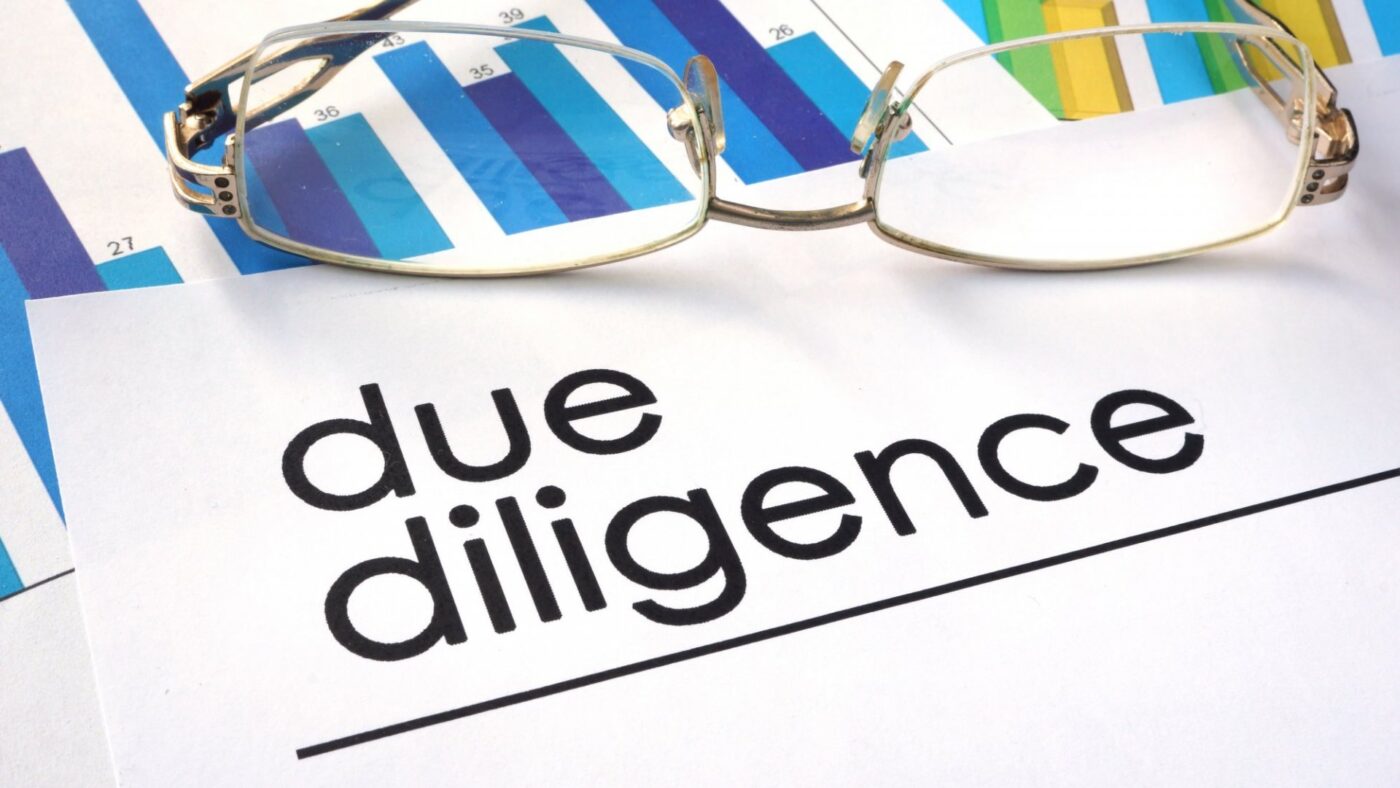In the context of buying and selling businesses, due diligence refers to the research required to ensure you’re getting the best possible deal and that no surprises pop up after the transaction is finalized. Any business owner, that’s planning to make a move — either selling their own establishment or buying a new one — must put the work in on due diligence. You can often reduce the burden of this process by working with an experienced business broker.
Due Diligence for Buyers
For buyers, diligence in making a purchase involves fully vetting the business opportunity. One of the major questions answered during this process is whether you’re paying the right price for the business; information gleaned during due diligence lets you understand how much profit is possible and how quickly you can achieve profitability after buying a business.
You’ll need to consider legal, financial, organizational and other aspects of the business during this process. The exact aspects of due diligence important to your purchase depend on your own entrepreneurial goals, the business you’re considering and the industry, but common considerations include those below.
- What is the organizational structure of the business? The steps in purchasing a sole proprietorship are different than those in purchasing a partnership or LLC.
- Is the business unencumbered by legal, tax or other obligations? If not, what might you have to spend to unravel any issues? Obligations that might transfer to the new owner might include judgments or liens, and issues with zoning or licensing could become yours once you buy a company.
- Is the company financially solvent? While poor performance on the books doesn’t necessarily keep you from purchasing a company — many entrepreneurs get great deals buying businesses that are underwater — you do need to know what the state of the finances are so you can make an appropriate offer.
Due Diligence for Sellers
Sellers should do all the same due diligence buyers are likely to do before they put their company on the market. Understanding all the legal, financial and other issues with your company lets you solve any issues you can to bring up the potential value of your business before selling it. Even if you can’t address the issue, knowing about it puts you in a stronger position as you go into negotiations. Plus, there are some things you’re legally obligated to disclose during a sale, and ignorance of an issue doesn’t always excuse you from those requirements.
You may also want to conduct due diligence on potential buyers, especially if you want your business legacy to carry on to some degree after you sell the company. For example, you may want to ensure the buyer intends to run the business and keep many of your employees rather than flip the business or sell off various parts of it for a profit.
Why Is Due Diligence So Important?
Due diligence is critical to ensuring buyers and sellers both get the best possible deal when engaging in a business sale transaction. Even if you know and trust the buyer or seller, conducting this research lets you get a better idea of what you’re dealing with and how to best approach the negotiations.
We can help you check all the right boxes for due diligence to ensure transactions go as smoothly as possible.
If you are interested in selling or buying a business contact Twelve31 at 800-971-3270 or email at Hello@Twelve31Advisors.com.


